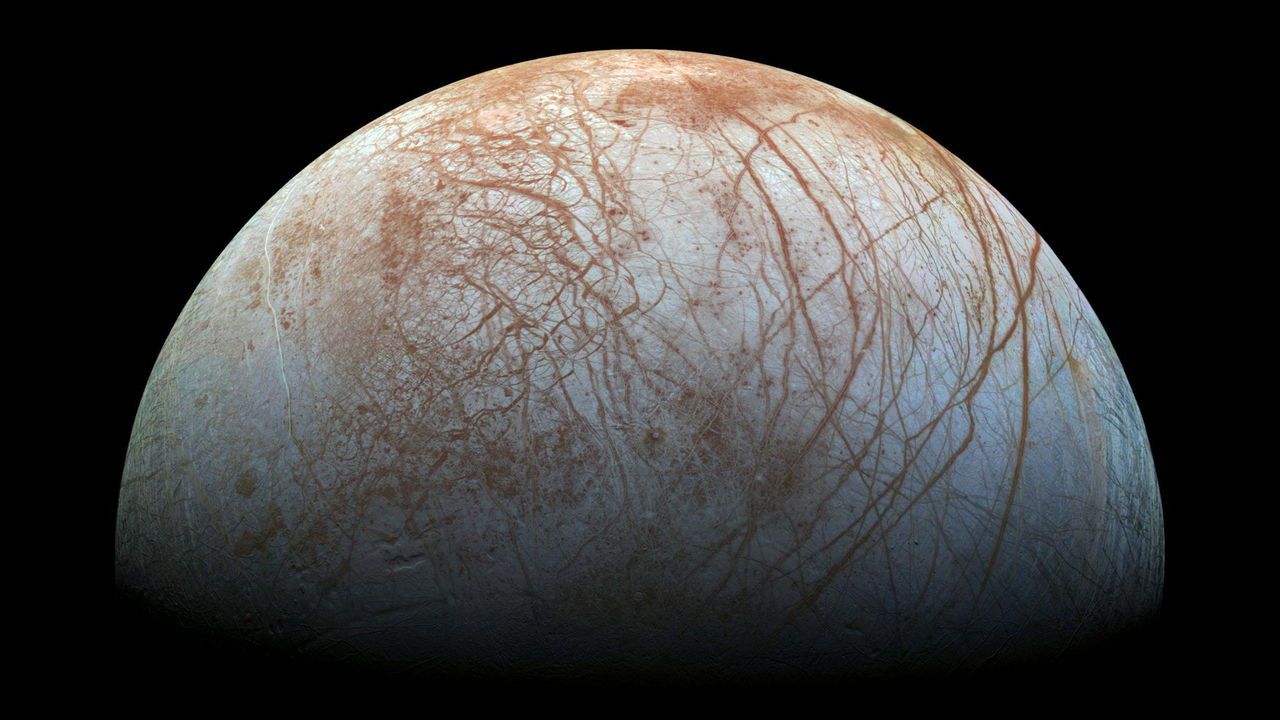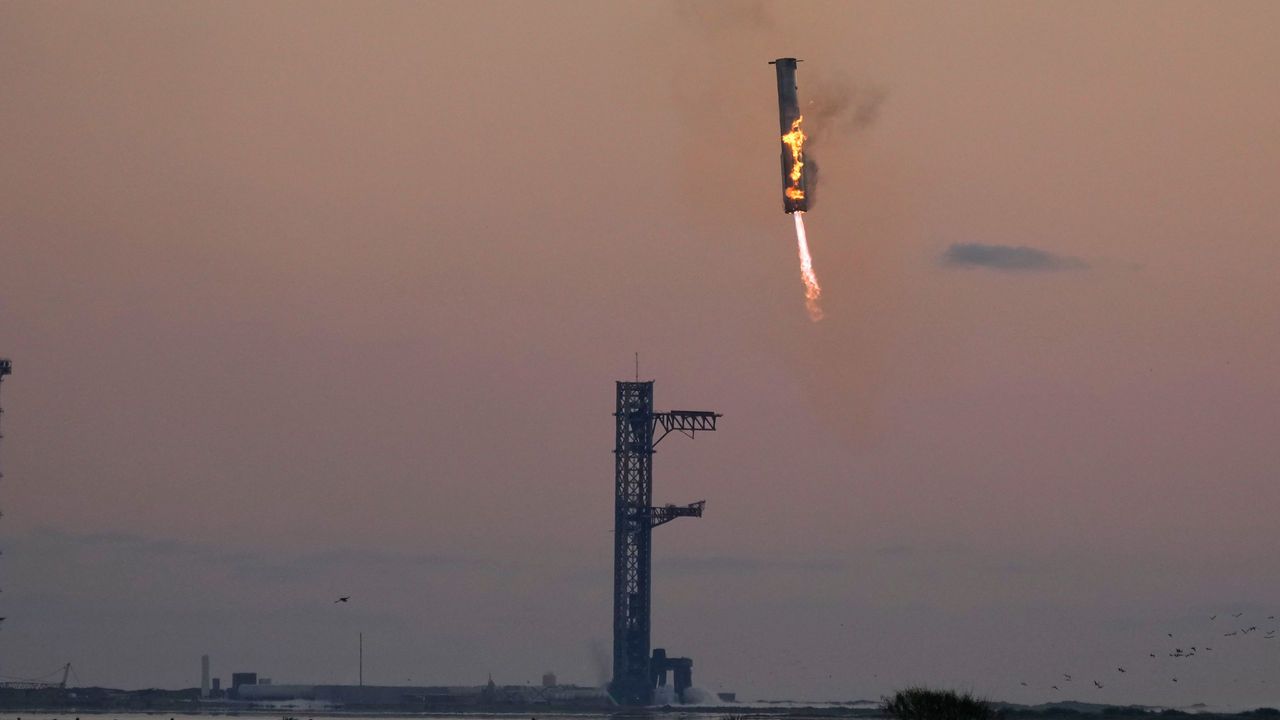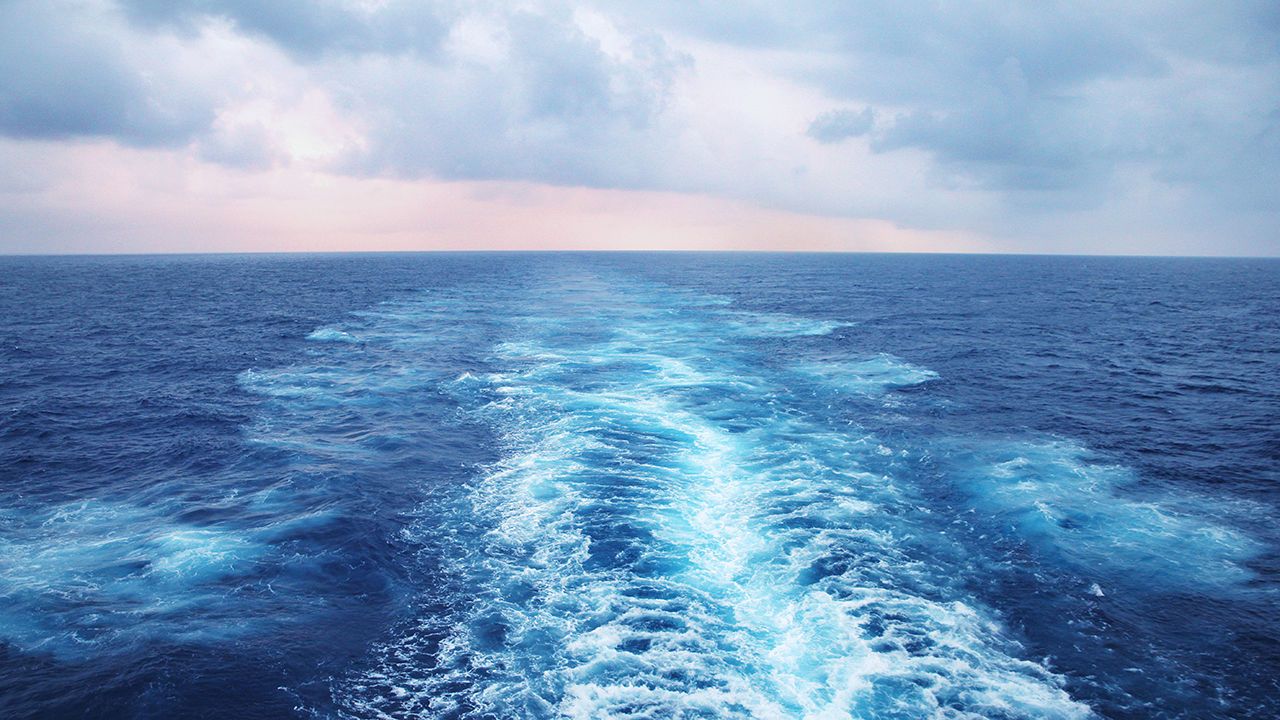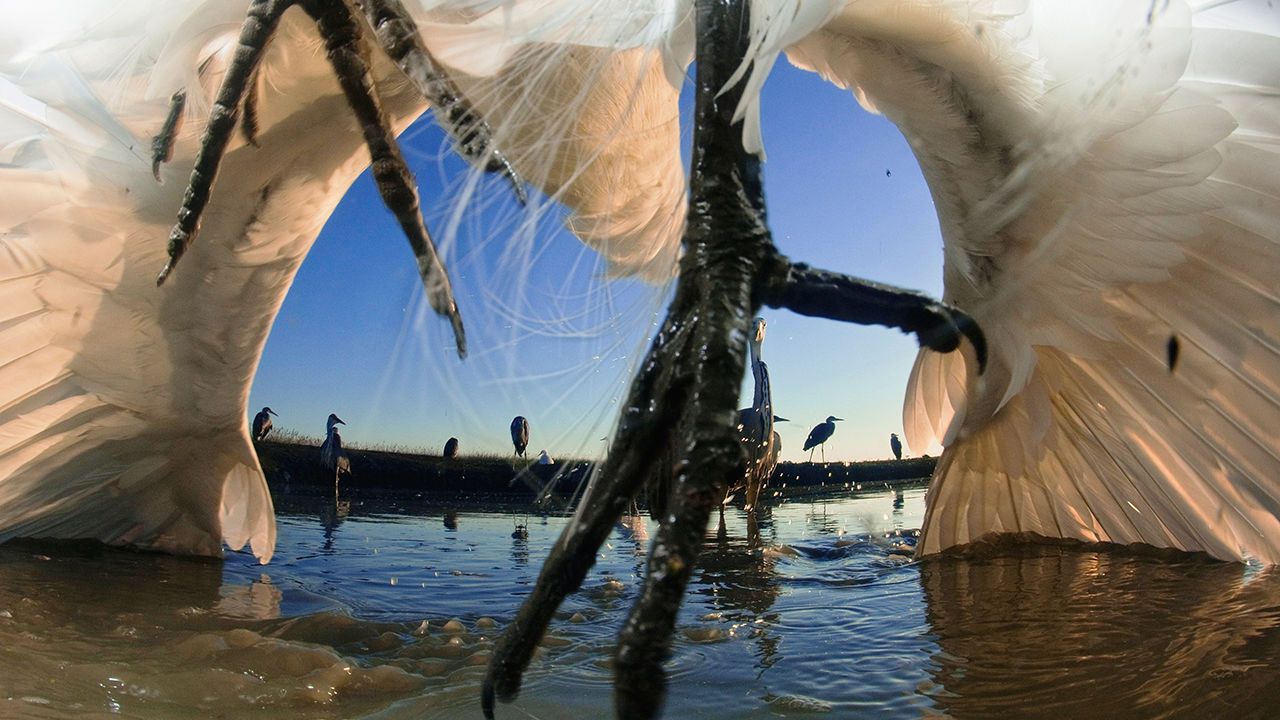Could life exist on one of Jupiter’s moons?
A spacecraft heading to Europa is designed to find out

Besides Earth itself, Mars is the most-studied planet in the solar system. The 47 missions that have been launched since the start of the space age have put probes in orbit and landers on the surface from half a dozen space agencies. One reason, of course, is that Mars is relatively close. Another is that Mars appears to have had plenty of liquid water on its surface in the past. And where there is water, astrobiologists get excited about the possibility of life.
Discover more

Elon Musk’s SpaceX has achieved something extraordinary
If SpaceX can land and reuse the most powerful rocket ever made what can’t it do?

Noise-dampening tech could make ships less disruptive to marine life
Solutions include bendy propellers and “acoustic black holes”

Meet Japan’s hitchhiking fish
Medaka catch rides on obliging birds, confirming one of Darwin’s hunches
AI wins big at the Nobels
Awards went to the discoverers of micro-RNA, pioneers of artificial-intelligence models and those using them for protein-structure prediction
Google’s DeepMind researchers among recipients of Nobel prize for chemistry
The award honours protein design and the use of AI for protein-structure prediction
AI researchers receive the Nobel prize for physics
The award, to Geoffrey Hinton and John Hopfield, stretches the definition of the field